Apple HealthKit rolled out to hospitals
Hospitals in the US are starting to use Apple technology to help monitor patients’ health
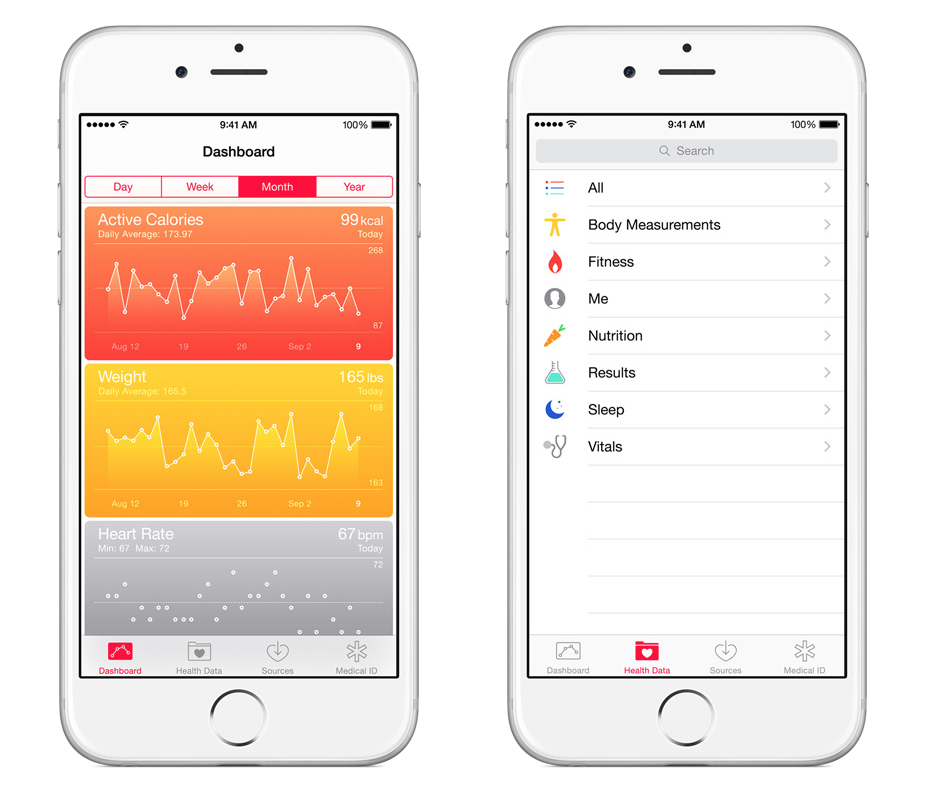

Apple's HealthKit is starting to be rolled out to hospitals in the US to remotely monitor patients with chronic conditions to save on resources.
Reuters contacted 23 hospitals, with 14 of them saying they have already begun using a pilot program involving Apple's health care technology. Information such as blood pressure, heart rate and weight can be transmitted back to doctors, allowing them to monitor patients without having to admit them.
This could be particularly useful for patients suffering from conditions such as diabetes or hypertension, with doctors able to keep track of their health remotely.
Dr Richard Milani, chief clinical transformation officer at Ochsner Medical Center in New Orleans, who has been working on a pilot program with Apple and Epic Systems, said: "If we had more data, like daily weights, we could give the patient a call before they need to be hospitalised."
According to IDC Health Insights, 70 per cent of US healthcare organisations are set to invest in technology such as apps and wearables by 2018.
Many of the hospitals spoken to by Reuters expressed interest in using Android's rival service Google Fit given that it is compatible the most widely used operating system.
HealthKit has the potential to collect patient-generated data, referring it back to the users' doctors with their consent. The technology caused controversy in 2014 when worries about how the information could be used surfaced. In November, for example, an app that used the data to predict when someone would die emerged.
Get the ITPro daily newsletter
Sign up today and you will receive a free copy of our Future Focus 2025 report - the leading guidance on AI, cybersecurity and other IT challenges as per 700+ senior executives
Caroline has been writing about technology for more than a decade, switching between consumer smart home news and reviews and in-depth B2B industry coverage. In addition to her work for IT Pro and Cloud Pro, she has contributed to a number of titles including Expert Reviews, TechRadar, The Week and many more. She is currently the smart home editor across Future Publishing's homes titles.
You can get in touch with Caroline via email at caroline.preece@futurenet.com.
-
 Cleo attack victim list grows as Hertz confirms customer data stolen
Cleo attack victim list grows as Hertz confirms customer data stolenNews Hertz has confirmed it suffered a data breach as a result of the Cleo zero-day vulnerability in late 2024, with the car rental giant warning that customer data was stolen.
By Ross Kelly
-
 Lateral moves in tech: Why leaders should support employee mobility
Lateral moves in tech: Why leaders should support employee mobilityIn-depth Encouraging staff to switch roles can have long-term benefits for skills in the tech sector
By Keri Allan
-
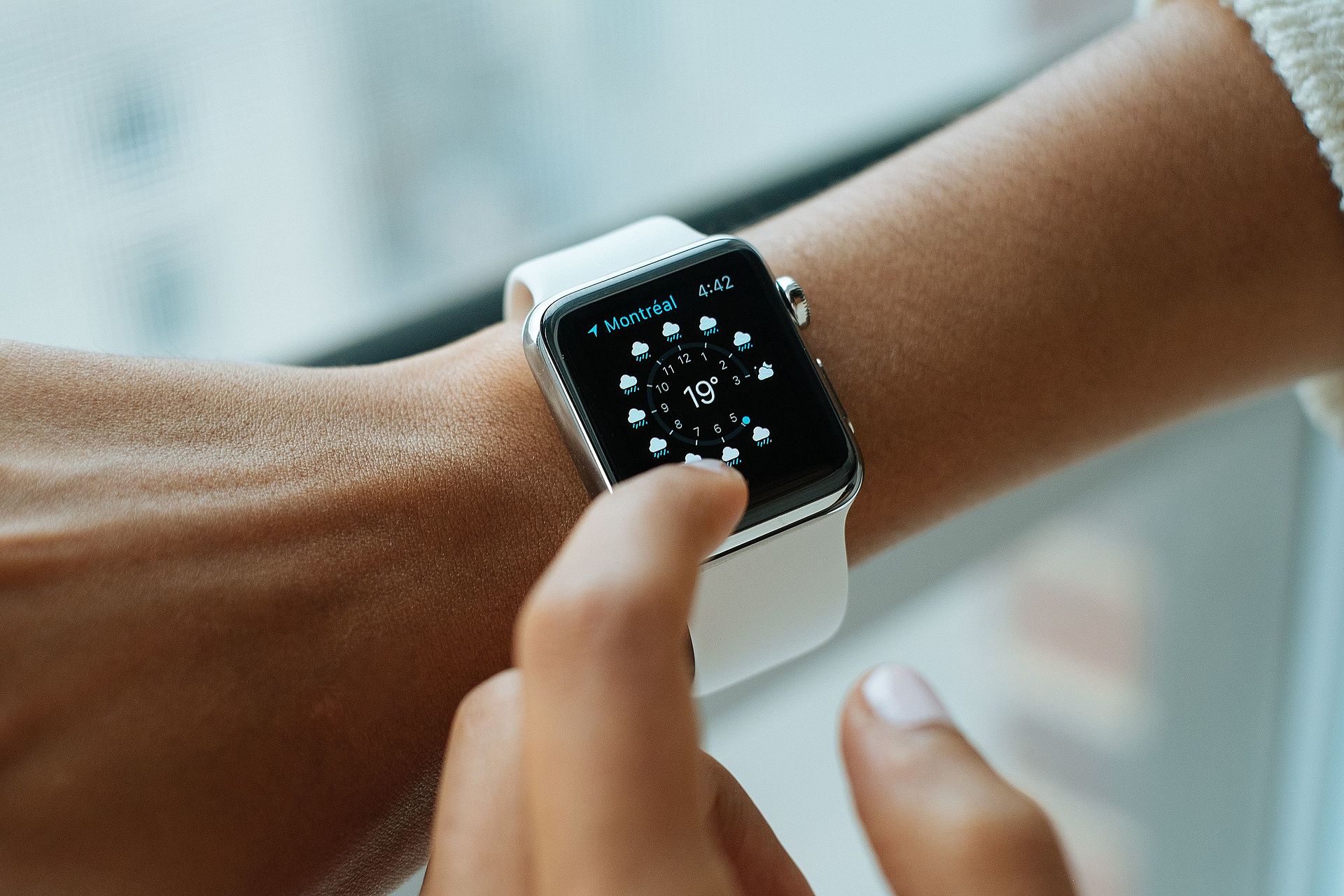 Apple 'has secret team working on diabetes management tech'
Apple 'has secret team working on diabetes management tech'News Sensors could monitor blood sugar unobtrusively
By Rene Millman
-
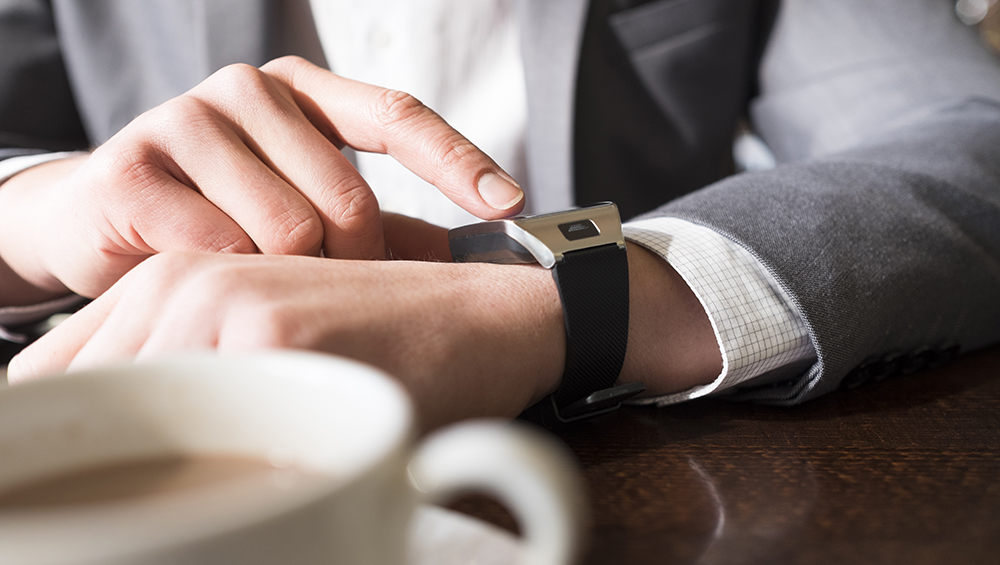 Chinese vendors storm worldwide wearables market
Chinese vendors storm worldwide wearables marketNews However, Fitbit and Apple lead the charge with its wrist-mounted devices
By Clare Hopping
-
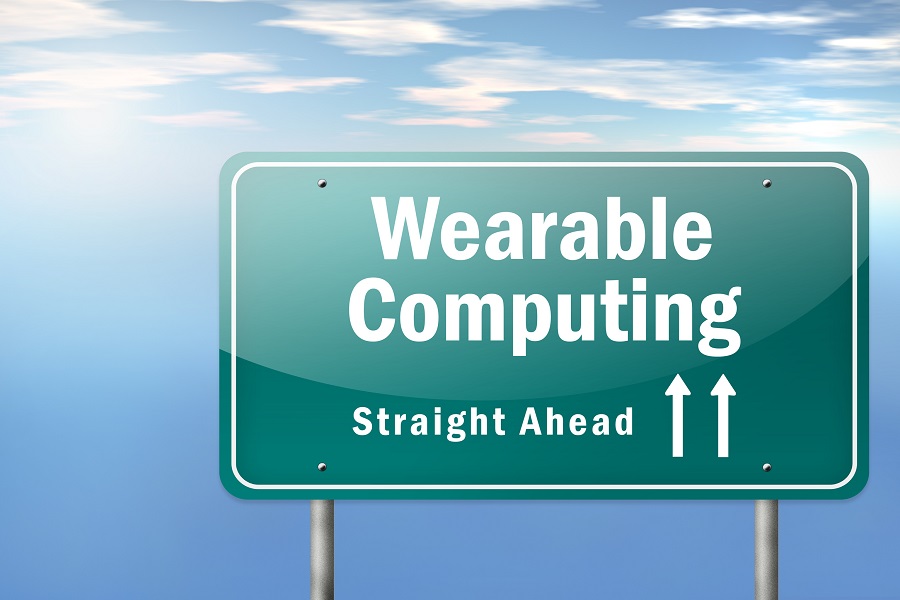 Apple Watch takes on FitBit in wearables chart
Apple Watch takes on FitBit in wearables chartNews The company is second only to fitness band maker FitBit, according to latest IDC figures
By Clare Hopping
-
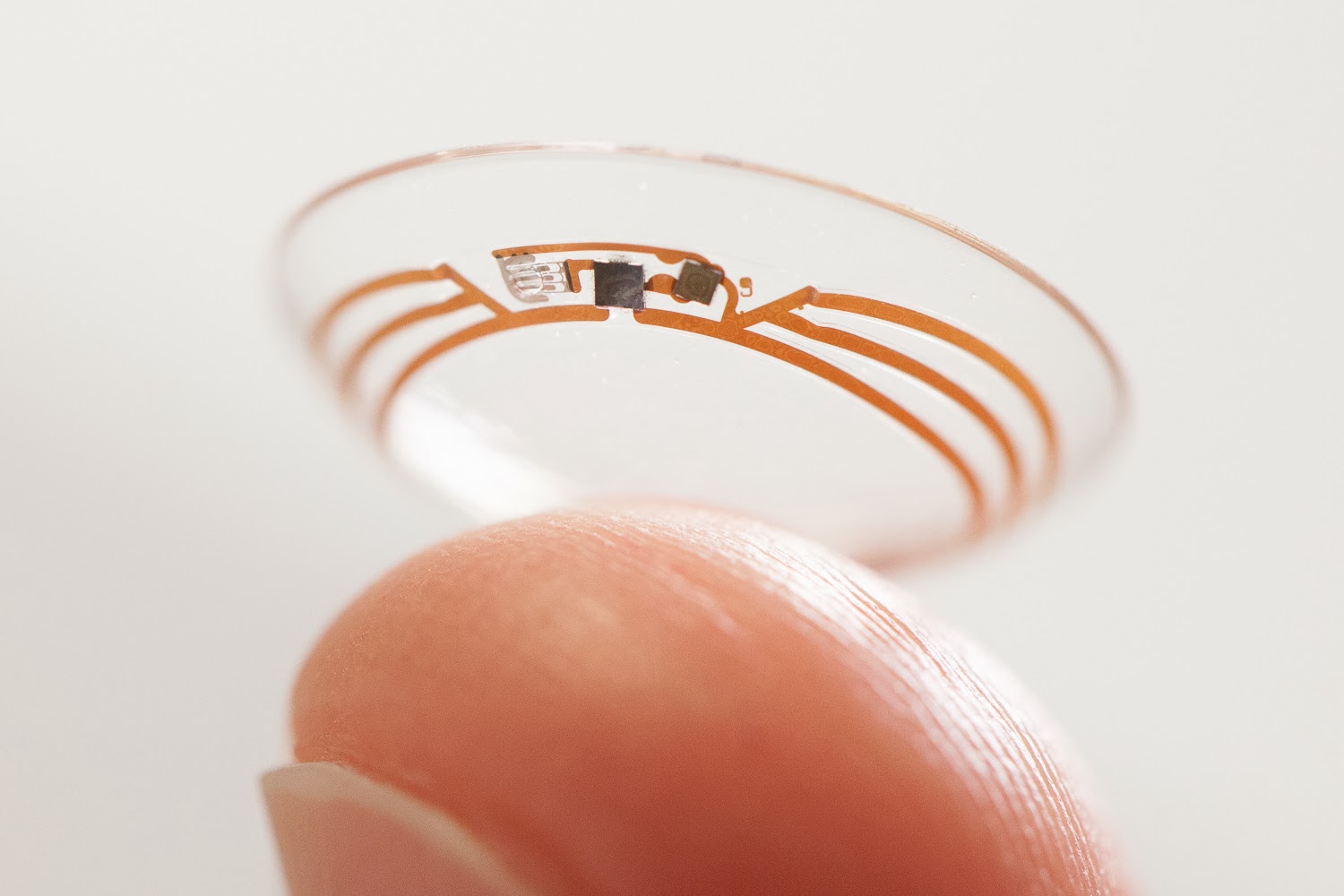 Google developing glucose-monitoring wearable for diabetes sufferers
Google developing glucose-monitoring wearable for diabetes sufferersNews Google previously partnered with Swiss pharmaceutical firm Novartis to develop smart contact lenses to be used by diabetes sufferers
By Caroline Preece
-
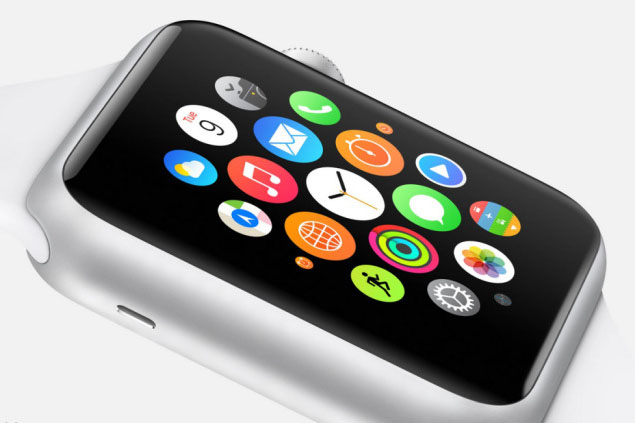 Apple Watch will be the birthplace of the killer app for business: Citrix CEO
Apple Watch will be the birthplace of the killer app for business: Citrix CEONews Simple developer platform will encourage greater experimentation, says Mark Templeton
By Jane McCallion
-
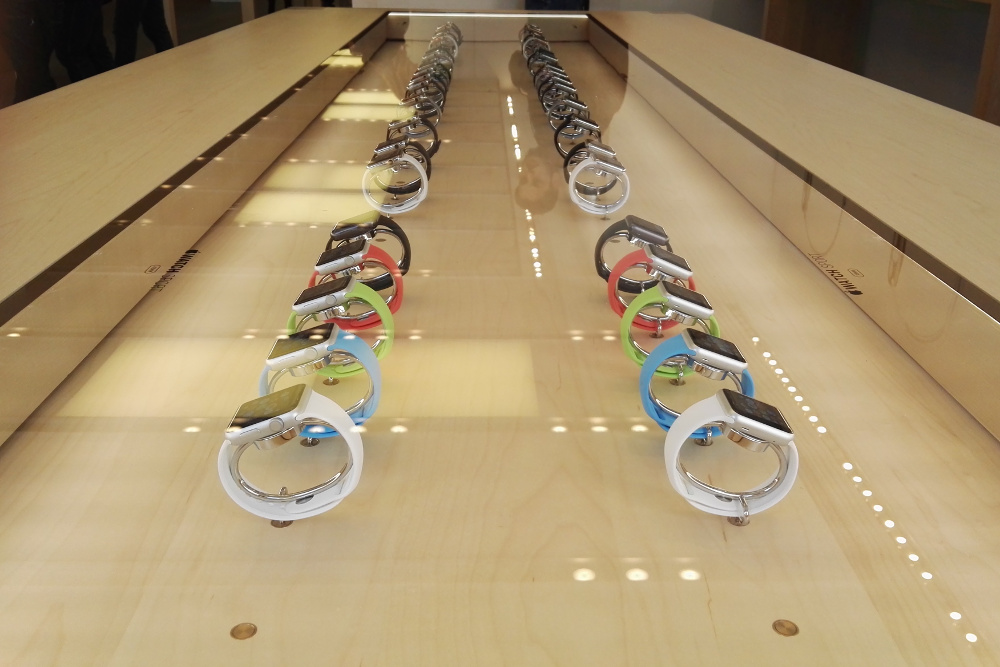 The Apple Watch experience - a buyer's perspective
The Apple Watch experience - a buyer's perspectiveOpinion We tried out the Apple Watch, so you don't have to...
By Adam Shepherd
-
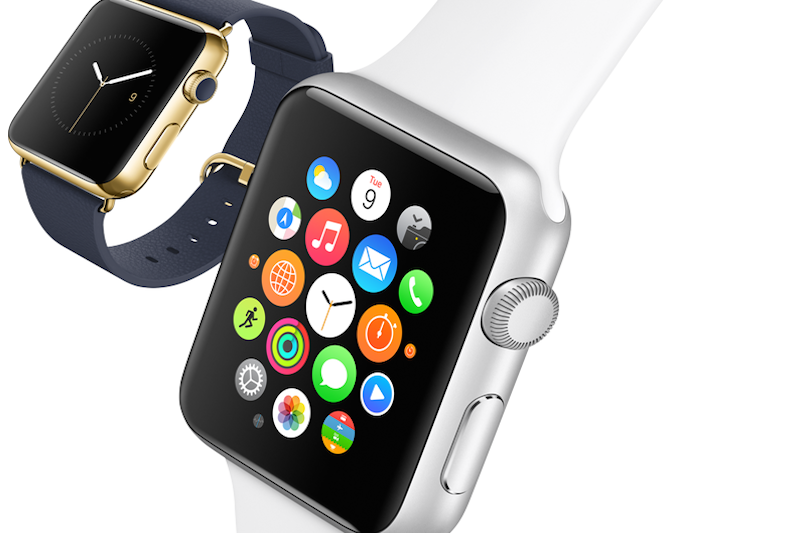 Apple Watch event live blog: Find out everything as it happens
Apple Watch event live blog: Find out everything as it happensLive blogs Join us from 5pm today for all the news and views from the Apple Watch event in San Francisco
By Maggie Holland
-
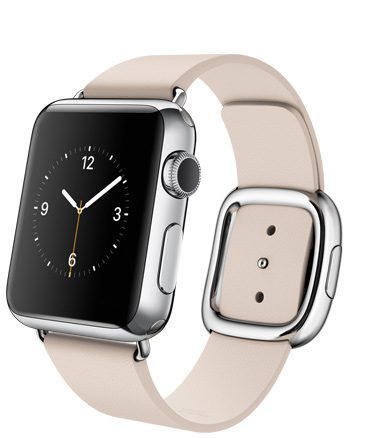 Apple Watch: What's in it for business users?
Apple Watch: What's in it for business users?In-depth Apple's much-anticipated move into "wearables" is now official. But the business potential of the technology is far from clear
By Stephen Pritchard